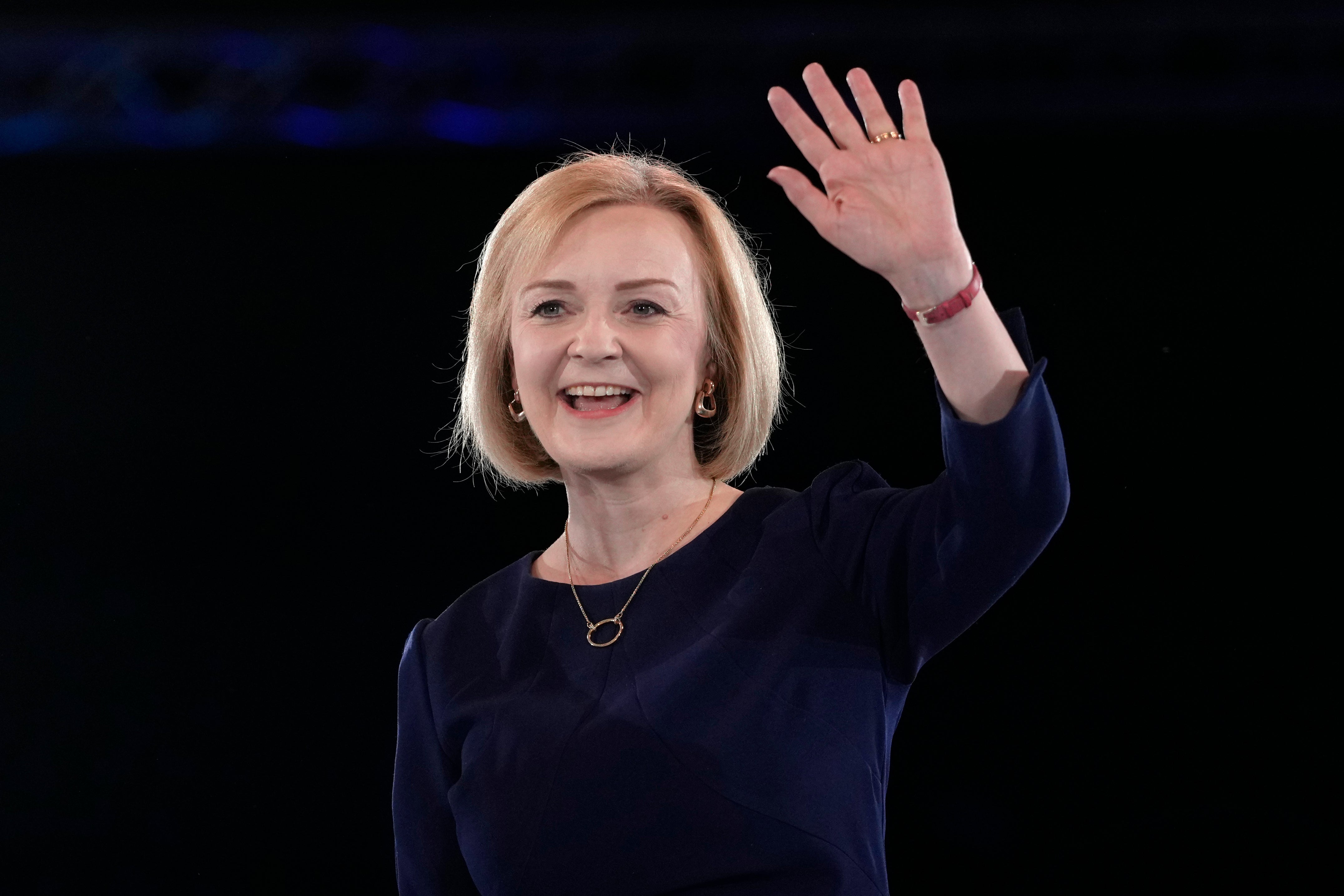Liz Truss may well live to regret her latest tax pledge
The problem with the promise is that raising taxes to pay for public services is essentially what government does, writes Andrew Woodcock


As political hostages to fortune go, Liz Truss’s promise of “no new taxes” is one of the biggest – and one she may well live to regret uttering.
It won loud applause from an audience of Conservative activists at Wembley, but the history of the phrase suggests it will come back to haunt her if she becomes Tory leader as expected on Monday.
The soundbite was first prominently deployed by the elder George Bush in his 1988 campaign for the US presidency, when he told the Republican National Convention: “Read my lips: no new taxes.”
Rivals deployed the quote mercilessly as proof of Bush’s untrustworthiness after several taxes were raised during his time at the White House, almost certainly contributing to his fate as a one-term president.
And Boris Johnson’s similar promise – written into the Conservative manifesto for the 2019 election – did not survive contact with reality.
His decision to approve a 1.25 per cent hike in national insurance to pay for social care and the NHS was as big a factor as Partygate for many Tory activists and MPs in turning them against the PM. It was even criticised by Ms Truss repeatedly during the leadership campaign – though she made a point of blaming the then chancellor Rishi Sunak.
The problem with the promise is that raising taxes to pay for public services is essentially what government does.
Of course, conservative governments will always want to tax less and progressive ones will always find a reason to spend more. But politicians effectively tie their own hands if they turn that ideological preference into a hard-and-fast rule.
Ruling out any increase under any circumstance means a prime minister is essentially forced to rely on borrowing (also not popular among Tory activists) or cuts to raise money for spending. Or they are reduced to doing nothing in the face of emerging challenges, whether they are wars or pandemics or recessions or simply the impact of an ageing population.
And then there is the question of what “no new taxes” actually means. A shifty politician could argue that they aren’t creating a new tax when they raise the level of an existing levy, or rebalancing the burden from one form of tax to another.
What about the creation of a wealth tax, seen by many economists as highly attractive in an unequal society where an increasing share of prosperity is tied up in unproductive and untaxed property while growth-generating work is taxed heavily?
Or what about “sin taxes”, designed not principally to raise money but to engineer changes in social behaviour, to encourage healthier living or discourage pollution?
More urgently, what about a windfall tax on energy companies making money hand over fist from the spike in gas prices caused by the Ukraine war? Or a solidarity tax, so the wealthy who will not notice a rise in their fuel bills can contribute towards helping those for whom it means the loss of their home?
Yours,
Andrew Woodcock
Political editor






Join our commenting forum
Join thought-provoking conversations, follow other Independent readers and see their replies
Comments